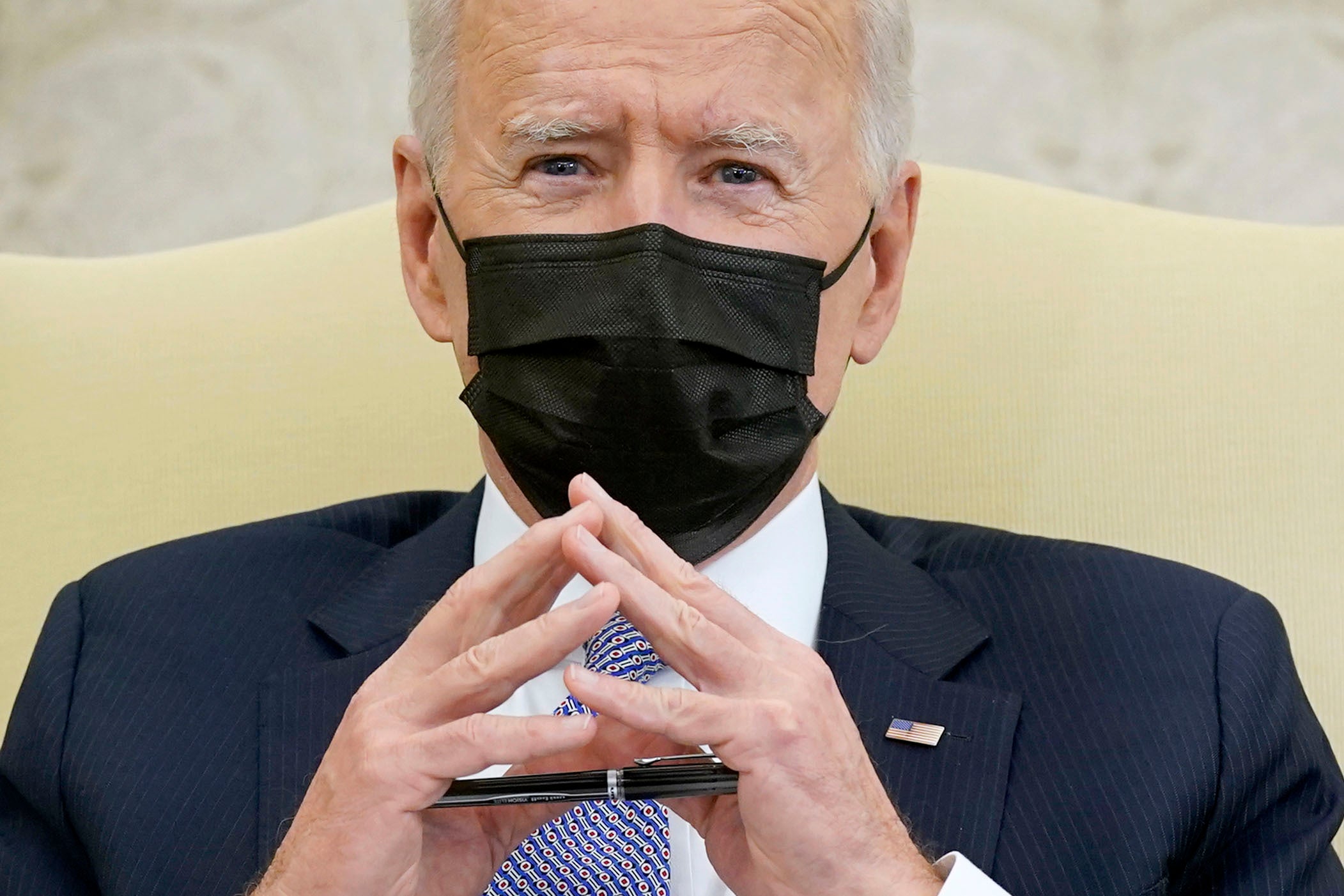Will Joe Biden’s plan to tax the rich give the UK and Europe the confidence to do the same?
It’s logical that the rich should foot the bill for the pandemic, writes Hamish McRae. But there are big differences between the US and Europe and those differences stand in the way of replicating the US president’s plans across the pond


When America sneezes the world catches a cold – or so the adage about US economic importance goes. But when the US puts up taxes on the rich, will that lead to a similar movement on this side of the Atlantic too?
Joe Biden’s plans for higher taxation on Americans who earn more than $400,000 (£288,200) a year will be formally released this week. But we already know the broad outlines. The top rate of Federal income tax could be as high as 43.4 per cent. That would mean that in the states that have a high state income tax, such as New York and California, the top rate would be well over 50 per cent.
However, the thing that really upset Wall Street last week was not higher income tax itself, but the plan to tax capital gains as income. That would effectively double the tax rate, though it would only kick in with gains of more than $1m (£720,000). Markets fell sharply on these reports, on the grounds that people would take profits on investments now rather than wait for the new taxes to come in.
The additional funds would be used to finance Joe Biden’s American Family Plan, which will support paid family leave and childcare costs, and make pre-kindergarten and community college free. We should get details from the president in his speech to the joint houses of Congress on Thursday.
The politics are straightforward. The ways in which the US has supported the economy over the pandemic – a huge increase in public spending and ultra-easy monetary policy – have had the effect of increasing US asset prices. People with the most valuable homes and the largest share portfolios have done best. House prices in March were up 17 per cent on the past year. And despite the wobble over the tax plans, the S&P 500 index, which represents the largest US companies, ended last week up 47 per cent on a year earlier.
So why not tax back some of these excess profits that have accrued to the very richest Americans and use the money for the benefit of people trying to bring up children and get them through university? The appeal is very simple. This is trying to be fair.
The same political logic applies in the UK and Europe. Someone has to pay for the economic damage caused by the pandemic. If the richest people have, in overall terms at least, benefited most from the policies deployed to support the economy, then they should foot more of the bill. But before concluding that the Biden tax plans will be imitated in the UK, be aware that there are huge differences between the two countries.
For a start, not all of these plans will get through Congress. Another adage which applies, particularly to taxation, in the US is that the president proposes but Congress disposes. The Democrats have a bare majority in the Senate and a small one in Congress. The mid-term elections are 18 months away. These plans will be watered down and the question is: to what extent?
Next, rich Americans are much richer than everyone else. Eight of the top 10 richest people in the latest Forbes tally of global billionaires are American. There is not a single Briton in the top 100. (Sir James Ratcliffe, majority owner of the chemical company Ineos, comes in at number 113, and he has moved his base to Monaco.) In addition, when you look at people further down the line in the UK, their wealth tends to be tied up in their homes and their pension rights, which are much harder to tax than their share portfolios.
And, though tax increases in the UK have been delayed by Rishi Sunak, the chancellor’s Budget last month did nudge up the tax burden in future years – basically by not changing tax rates but freezing thresholds and to allow inflation to do the job.
The question for UK taxpayers is whether these measures will be enough to get public finances back under reasonable control. A lot will depend on the pace of economic growth as the impact of the pandemic recedes. If the medium-term projections look reasonable, then it is possible that the chancellor will be able to avoid significant further increases in taxation. But capital gains tax is one obvious area to look at, along with tax relief on pensions. I don’t think he would do a Biden and try to tax gains as income, and I can’t see him imposing a gains tax on owner-occupied homes. But if there do have to be significant increases in taxation, Joe Biden has given him political cover to do so.
Join our commenting forum
Join thought-provoking conversations, follow other Independent readers and see their replies
Comments
Bookmark popover
Removed from bookmarks